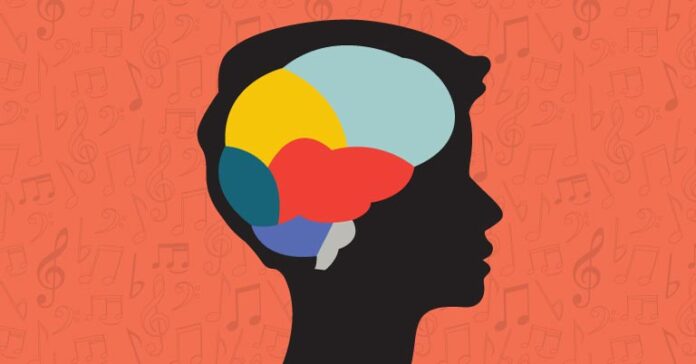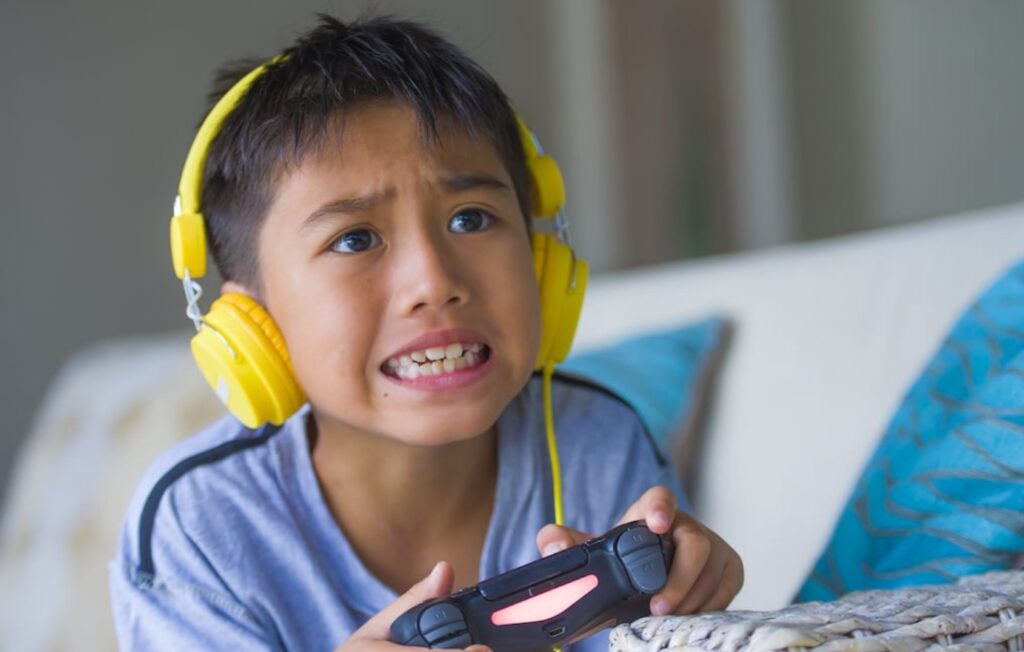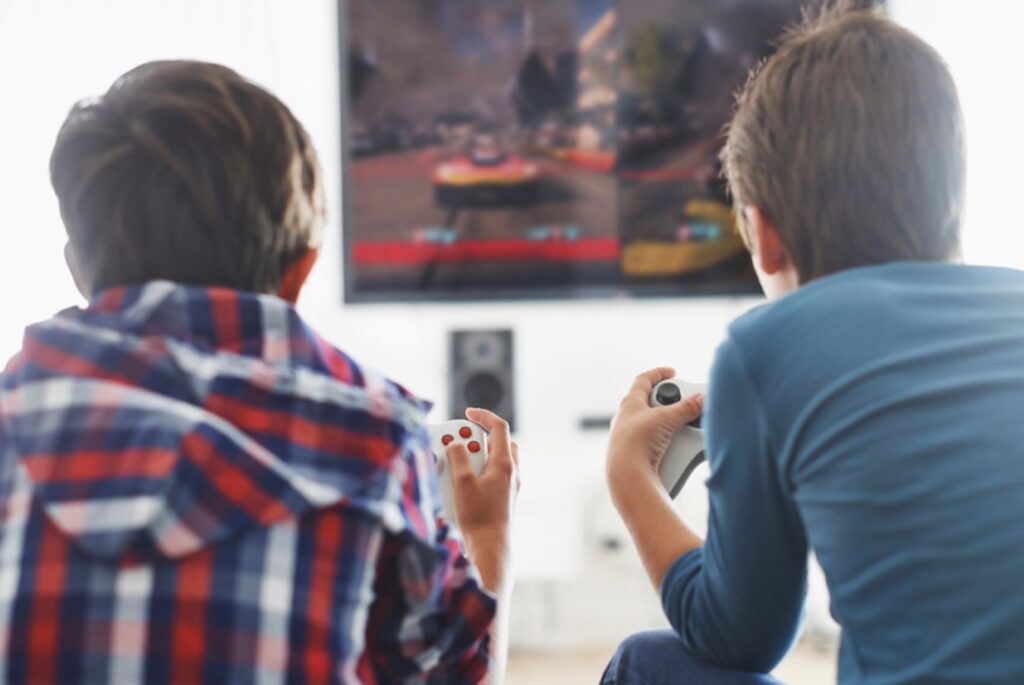Video games are often considered a distraction from studying and schoolwork, but evidence suggests they can be beneficial to children’s learning. When used in the right way, they can help children to develop important skills such as problem-solving, concentration and memory. In this blog post, we will explore the role of video games in childhood studying.
1. Improving hand-eye coordination
One study found that playing first-person shooter games can improve a child’s hand-eye coordination. The study found that those who played such games had better aim than those who did not play them. If your children have any assignments that cannot be written or completed you can always hire write my essay for cheap.

2. Increasing problem-solving skills
Video games often require players to solve puzzles or complete tasks in order to progress. This can help children to develop their problem-solving skills.
3. Helping with memory and concentration
Some games require players to remember patterns or sequences of events. This can help children to improve their memory and concentration skills.
4. Increasing creativity
Many video games require players to be creative in order to solve puzzles or overcome obstacles. This can help children to develop their own creativity.
5. Enhancing social skills
Some video games require players to cooperate with others in order to achieve a goal. This can help children to develop their social skills.

6. Providing a sense of achievement
Many video games offer a sense of achievement or reward for completing tasks. This can help children to feel good about themselves and their abilities.
7. Reducing stress
Playing video games can help children to relax and unwind after a long day at school. This can help to reduce stress levels.
8. Improving fine motor skills
Some require players to use a controller or joystick. This can help children to develop their fine motor skills.
9. Helping with maths and literacy
Some video games can help children to improve their maths and literacy skills. One study found that children who played an educational game made significant gains in their maths and reading test scores.
10. Providing a fun and enjoyable activity
Video games can provide a fun and enjoyable activity for children of all ages. Games such as Minecraft, Mario Kart, and Super Mario Odyssey are popular among kids and can help to keep them entertained for hours on end.

11. Helping to develop a growth mindset
Many video games require players to try new things and overcome challenges. This can help children to develop a growth mindset, which is the belief that intelligence can be improved through effort and practice.
12. Promoting active learning
Video games can promote active learning, which is when children are actively engaged in the learning process. This means that they are more likely to remember what they have learned and be able to apply it to real-world situations.
13. Improving vision
Some studies have found that playing action-based video games can improve a child’s vision. One study found that children who played such games had better contrast sensitivity than those who did not play video games.
14. Providing a way to bond with family and friends
Many families enjoy playing video games together. This can provide a way for parents and children to bond and spend time together. It can also be a fun way for friends to connect and interact with each other.
15. Giving children a voice
Video games can give children a voice and a platform to express themselves. For example, the popular game Roblox allows players to create their own avatars and worlds. This can give children a sense of ownership and control over their game experience.

16. Exposing children to new cultures
Video games can expose children to new cultures and ideas. For example, games set in different countries or with different characters can help children to learn about new customs and traditions.
17. Fostering a love of learning
Playing video games can foster a love of learning in children. Some of them that are educational or require strategic thinking can help kids to see the value in learning new things.
18. Promoting healthy competition
Some video games can promote healthy competition among children. This can help kids to learn how to set goals and work towards them. It can also teach them how to handle losing gracefully.
19. Teaching children about money management
Some of them involve managing virtual money. This can be a great way for children to learn about budgeting and saving.
20. Helping children to stay fit and active
Many video games require players to be physically active in order to play. This can help children to stay fit and active, which is important for their overall health.

How to use video games in a positive way
There are several things that parents and guardians can do to ensure that children are using video games in a positive way:
1. Encourage balance
It is important to encourage children to balance their time between playing video games and other activities such as outdoor play, reading, and homework.
2. Choose appropriate games
There are many different types of video games available. It is important to choose age-appropriate games that are suitable for your child’s skill level.
3. Monitor game content
Some video games may contain violence or other adult themes. It is important to monitor the content of the games your child is playing to ensure they are appropriate.
4. Set limits on game time
It is important to set limits on how much time your child spends playing video games. Too much screen time can lead to problems such as obesity and sleep disorders.
5. Make sure gaming is active
There are many active video games available that require players to move around. These types can help children to get exercise while they are playing.
By following these tips, you can ensure that your child is using them in a positive way and reaping the benefits of this type of play.

Conclusion
In conclusion, video games can be beneficial to children’s learning when used in the right way. They can help to develop important skills such as hand-eye coordination, problem-solving, memory and concentration. When choosing them for your child, it is important to select age-appropriate ones that are suitable for their skill level. It is also important to monitor game content and set limits on game time. By following these tips, you can ensure that your child is using video games in a positive way and reaping the benefits of this type of play.









